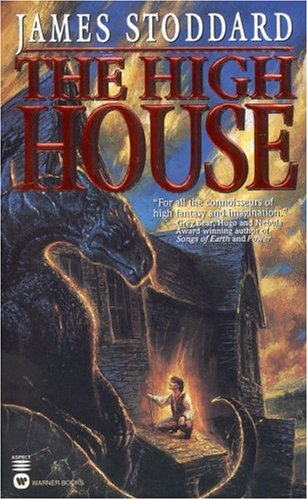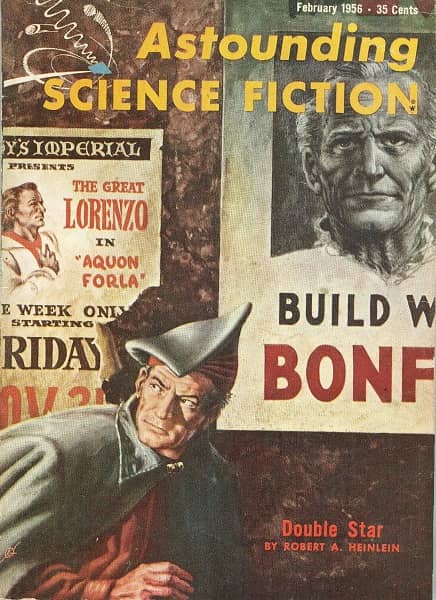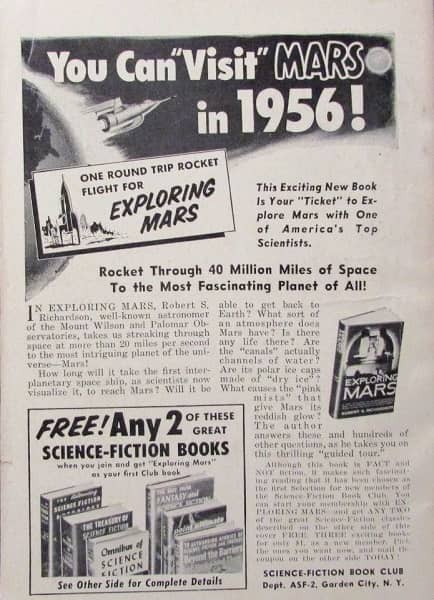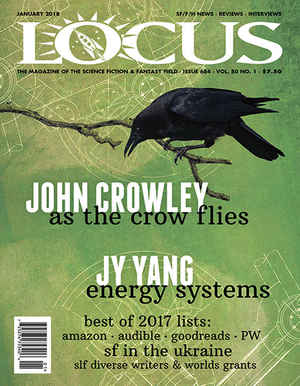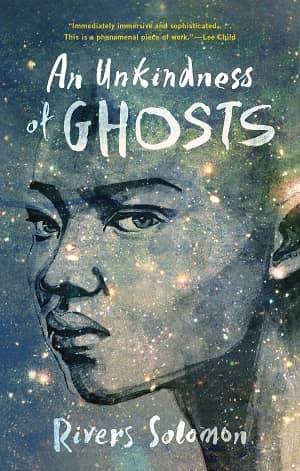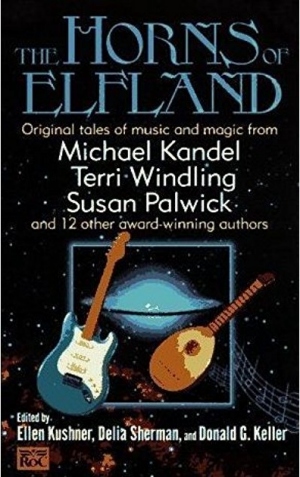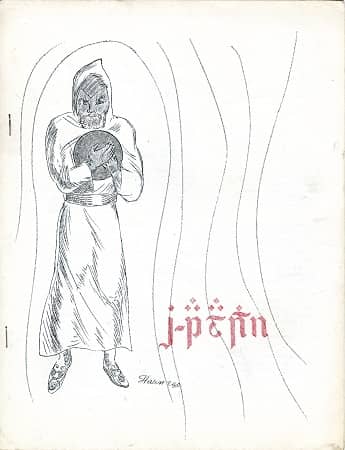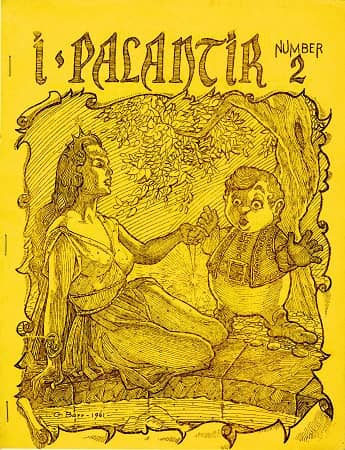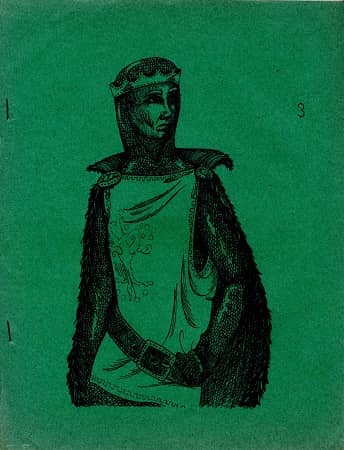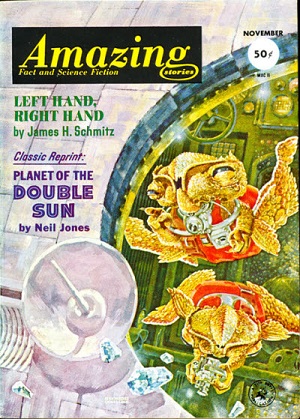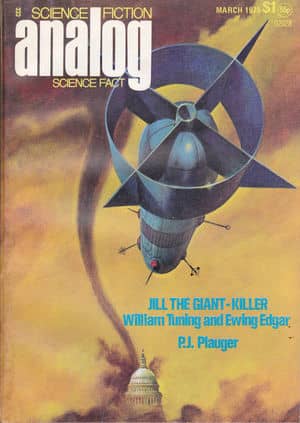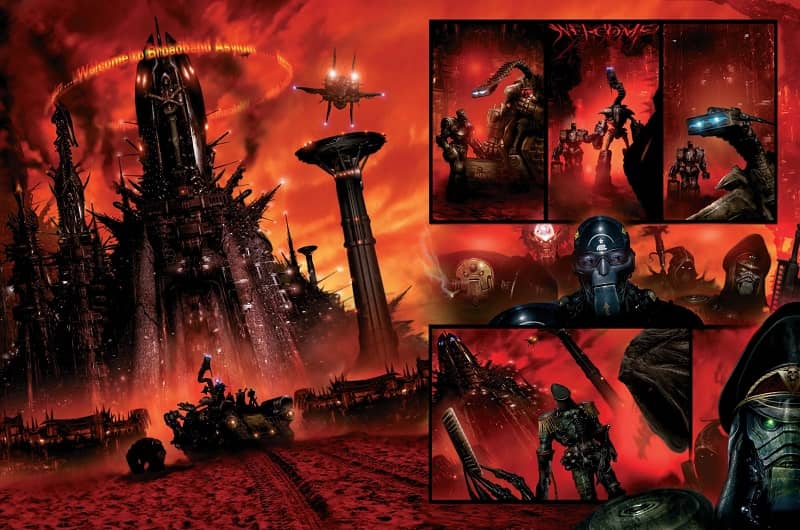Future Treasures: 95 Sci-Fi & Fantasy Books to Read in 2018
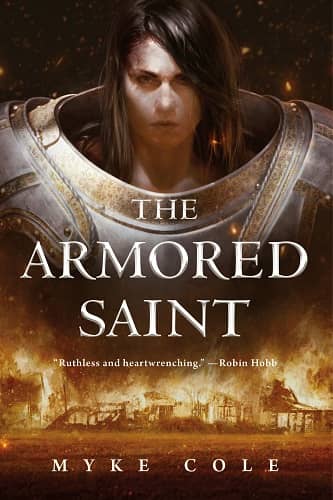 |
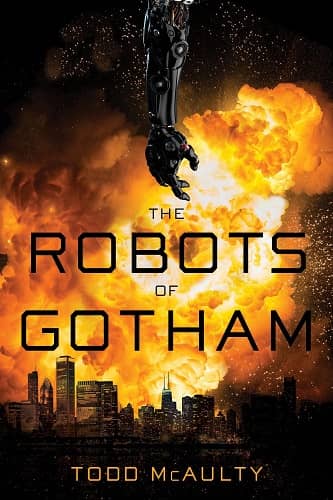 |
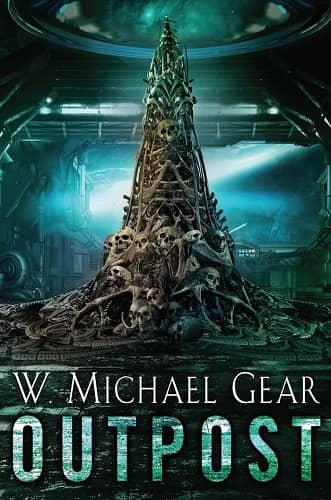 |
Hand in hand with the new year comes brand new schedules from the major genre publishers like Tor, DAW, Ace, Angry Robot, Solaris, Houghton Mifflin Harcourt, and many others. The Barnes & Noble Sci-Fi and Fantasy Blog has compiled a magnificent list of 95 Books Sci-Fi & Fantasy Editors Can’t Wait for You to Read in 2018, and I was surprised and delighted to see Black Gate authors well represented, including Myke Coke, Todd McAulty, and Patrice Sarath.
There’s also plenty of other enticing titles, including books by W. Michael Gear, Tim Powers, Yoon Ha Lee, Seanan McGuire, Jim Butcher, S.K.Dunstall, Peter McLean, David Weber, Kristen Britain, Sylvain Neuvel, Carrie Vaughn, Dale Bailey, Molly Tanzer, Rich Larson, Kameron Hurley, Nancy Springer, Peter Watts, Ian McDonald, Dan Abnett, and many others. Here’s a few of the hightlights.
The Armored Saint, by Myke Cole (Tor.com, 208 pages, $17.99 in hardcover, February 20)
This is a fabulous tale of bravery versus doubt, of magic versus religion and of humanity versus its demons (both real and metaphorical). A truly action-packed fantasy, with a heroine you can’t help but adore, and Myke Cole’s long-overdue foray into hardcover fiction. Book one in a series of three, and one not to be missed! — Lee Harris
